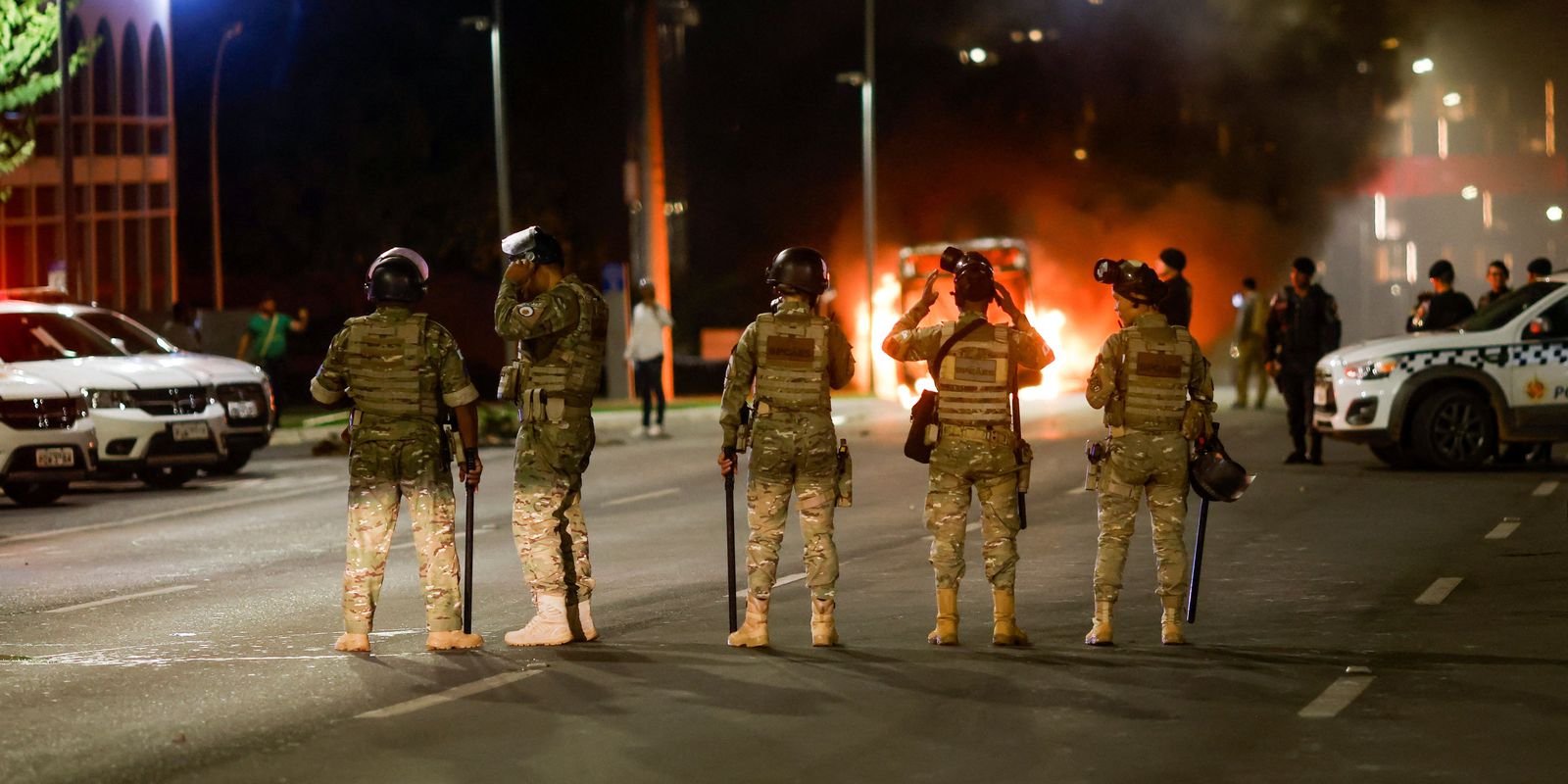The President of the Senate, alvaro elizalde (PS), and the helmsman of the Chamber of Deputies and Deputies, Vlado Mirosevic (PL), announced on Monday night (at about 9:50 p.m.) the agreement reached between the political parties to continue with the constituent process. The pact was called the “Agreement for Chile.”
From the former National Congress (where a large part of the dialogues between the parties took place), Elizalde stated that “there were moments of tension, but we never lost hope.” In turn, he called for “acting responsibly.
You may also like:
Agreement for Chile
The agreement signed between the parties contemplates four axes: constitutional bases, bodies of the constitutional process, ratification plebiscite and constitutional itinerary.
Regarding the axis of constitutional bases, it contemplates a series of points. “Chile is a democratic Republic, whose sovereignty resides in the people,” says the first point. “The State of Chile is unitary and decentralized”, indicates the second.
Other aspects of the constitutional bases recognize indigenous peoples as part of the Chilean nation, “which is unique and indivisible.” They also state that “the national emblems of Chile are the flag, the shield and the national anthem.”
In turn, it states that “Chile is a social and Democratic State of Law, whose purpose is to promote the common good; that recognizes fundamental rights and freedoms; and that promotes the progressive development of social rights, subject to the principle of fiscal responsibility and through state and private institutions”.
organs
Regarding the bodies of the constitutional process, there are three: Constitutional Council, Expert Commission and Technical Admissibility Committee.
The Constitutional Council It will be made up of 50 people elected by popular vote -under the same rules applied to the Senate-. Voting will be mandatory. In turn, the election contemplates open lists made up of parties or pacts of parties, which may include independent persons.
The Council will be equal. In addition, it will be integrated by supranumerary indigenous seats, assigned according to the percentage of effective voting in the election.
“The proposed constitutional norms will be approved by 3/5 of the acting directors, submitting the final proposal to approval by the Council by the same quorum,” the agreement states.
The Expert Commission It will be made up of 24 people of “indisputable professional, technical and/or academic trajectory, of equal composition”. The Chamber of Deputies will elect 12 members. The Senate will appoint the other half.
The Commission will be in charge of drafting a draft. This “will serve as the basis for the discussion and drafting of the new constitutional text, in the style of a matrix idea of the same. The decisions of the Commission will be taken by a quorum of 3/5 of its members,” the document indicates.
The Commission will begin its functions in January 2023. Then it will join the Constitutional Council. The members of the Commission may speak in the Council, but may not vote.
Even so, once the proposed text of the New Constitution has been evacuated and after harmonization, the Expert Committee will deliver its report to the Constitutional Council. In it, you will be able to formulate proposals that improve the drafting and understanding of the rules of the text.
The proposals of norms will be considered approved if they comply with the quorum of 3/5 of their active members. On the contrary, the proposals of norms will be understood rejected each one by the 2/3 parts of the members in office.
For his part, he Admissibility Technical Committee It will be made up of 14 people, “jurists with an outstanding professional and/or academic career, who will be elected by the Senate by virtue of a single proposal that the Chamber of Deputies will formulate.”
“This Admissibility Technical Committee will be in charge of reviewing the norms approved in the different instances that are presented in the Expert Commission and/or the Constitutional Council, in order to determine a possible inadmissibility of these when they are contrary to the institutional bases. “, indicates the agreement.
Plebiscite and itinerary
The agreement indicates that the ratification plebiscite will be mandatory. On the itinerary, contemplate the following points:
- January 2023: Installation of the Expert Commission.
- April 2023: Election of Constitutional Councilors, with mandatory voting.
- May 21, 2023: Installation of the Constitutional Council.
- October 21, 2023: Delivery of the draft Constitution of the Republic of Chile.
- November 26, 2023: Ratification plebiscite with mandatory voting.
You can read the full agreement at this link.








